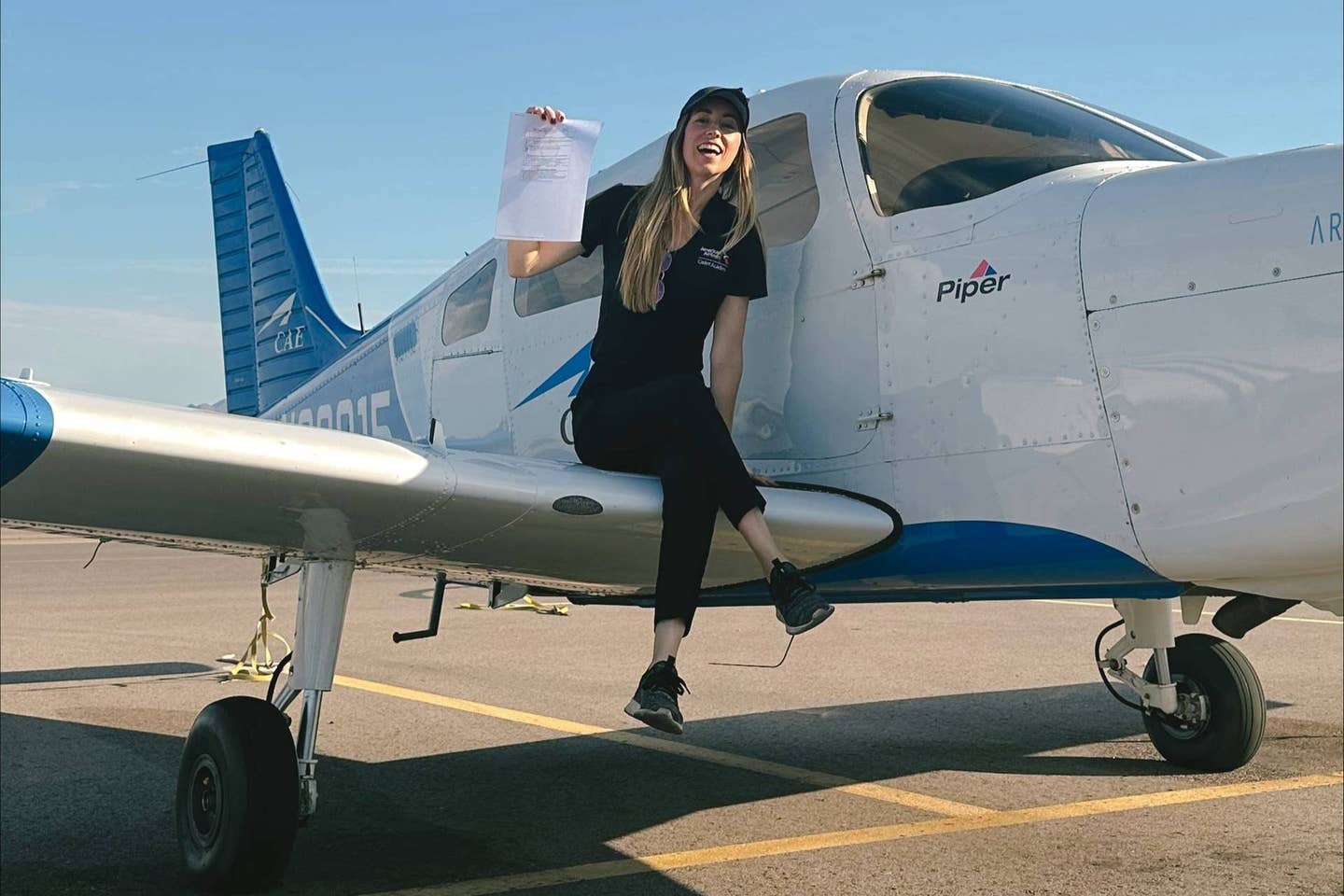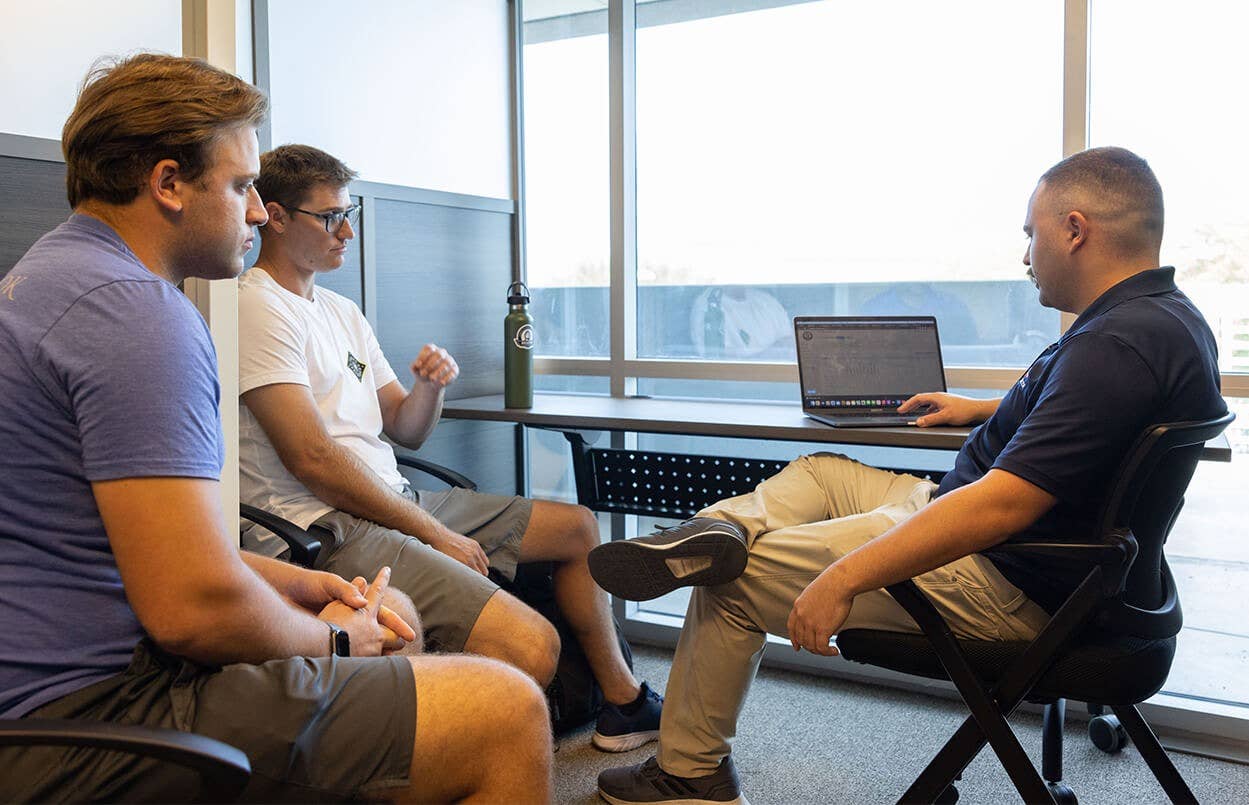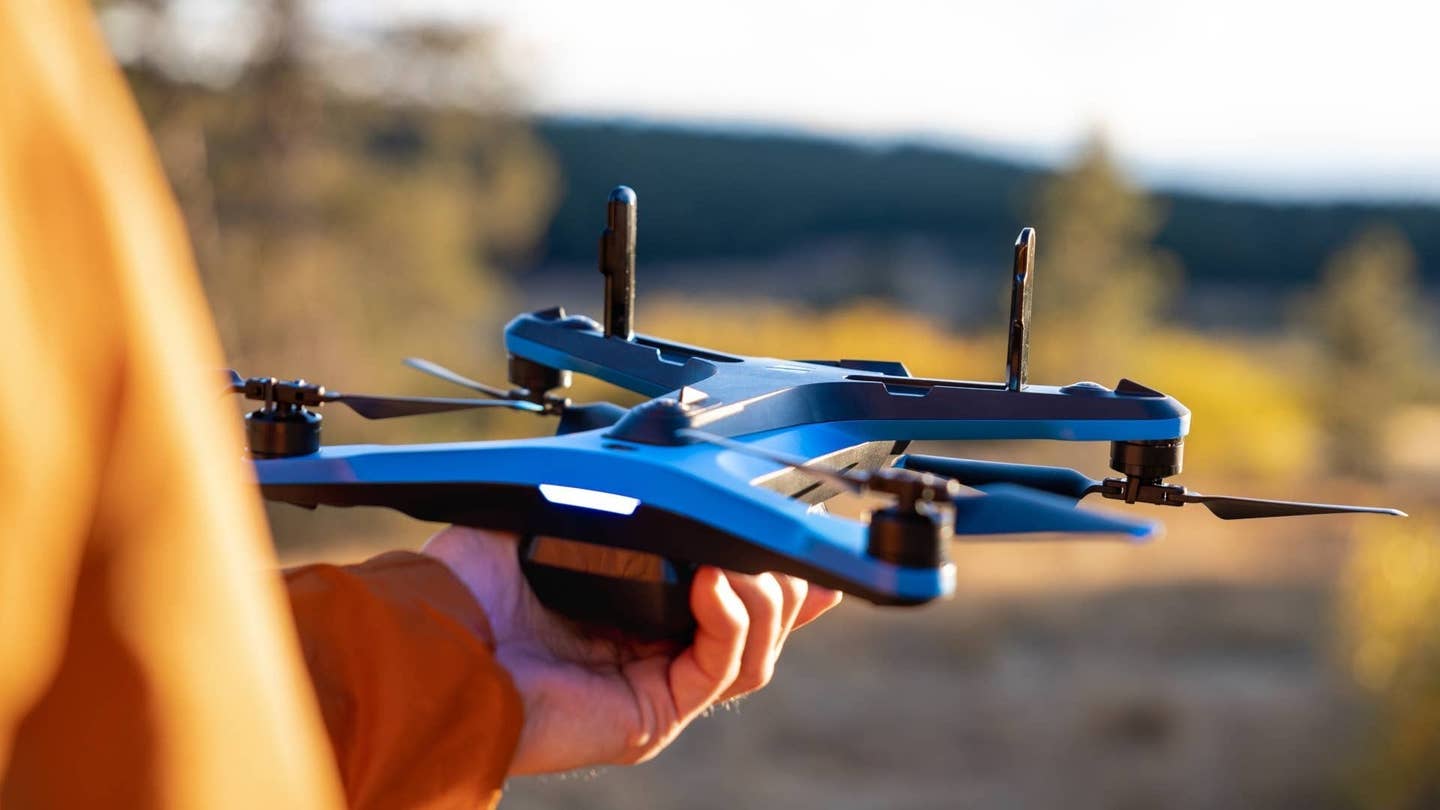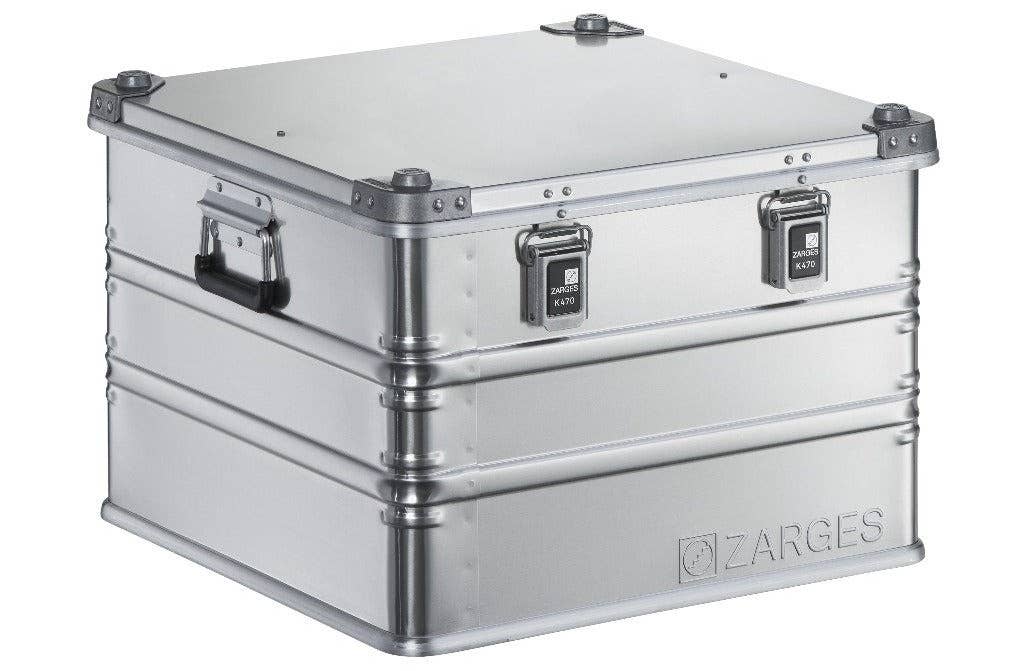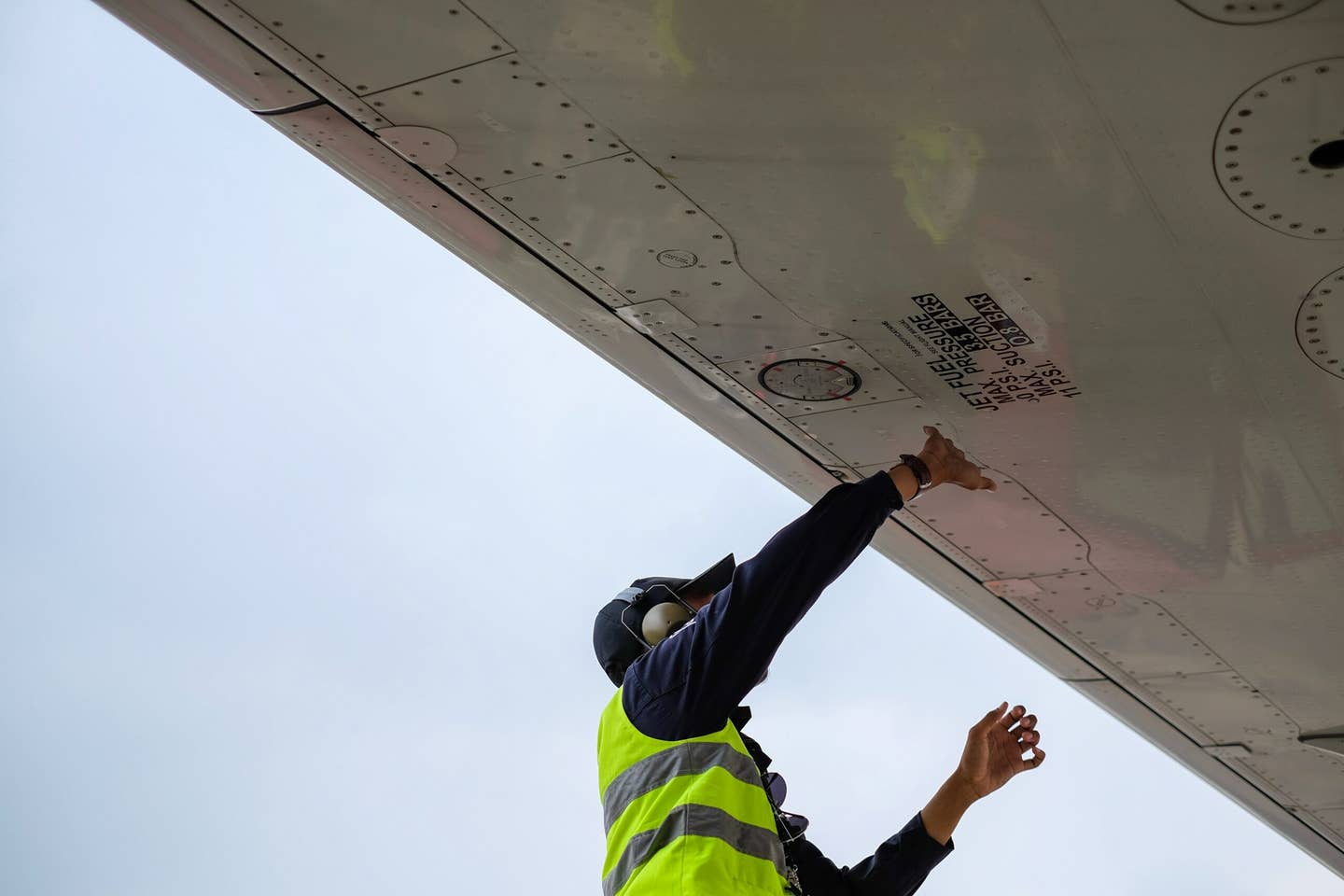
This image shows an aircraft mechanic examining the exterior of an airplane. [Credit: Unsplash]
Aircraft mechanics are in a well paid line of work due to the demand and importance of the job. Learn what to expect for an aircraft mechanic salary, what an aircraft mechanic does, the skills required to perform the duties necessary to be successful, and what the job outlook is for an aircraft mechanic. In addition, we are going to cover specialized paths for aircraft mechanics, training options, and career paths you can take depending on level of experience and certifications achieved.
What Is an Aircraft Mechanic?
An aircraft mechanic is someone who is highly trained and federally certified to perform maintenance on aircraft carrying passengers and cargo. Also referred to as an aviation technician, aircraft mechanics are responsible for the management, supervision, maintenance, repairs and inspections for the aircraft. Aircraft mechanics who hold airframe and power plant certification (A&P) are also known as airframe and power plant mechanics. This certification is required for most positions and is a rigorous training process due to the critical importance of mechanical safety in aviation.
What Does an Aircraft Mechanic Do?
An aircraft mechanic supervises and manages the maintenance, repairs, and inspections of aircraft. The aircraft mechanic is also responsible for keeping meticulous records and log books, required by the FAA, as well as, ensuring the organization and inventory of all tools and parts for the hangar. We answer some of the most common aircraft mechanic questions, below.
Do Aircraft Mechanics Fly?
Aircraft mechanics are not licensed to fly aircraft unless they obtain the same private pilot’s licence (PPL) that an aircraft pilot is required to have to fly an aircraft.
What Is an Aircraft Mechanics Salary?
The average annual salary for aircraft mechanics was $67,840 as of May 2020. The bottom 10 percent earned lower than $41,660, and the top 10 percent earned over $100,680.
How Long Does It Take to Become an Aircraft Mechanic?
Aircraft mechanic training courses typically take 18-24 months to complete. Entry level aircraft mechanic jobs are available, but on-the-job training routes take a minimum of 30 months to gain the necessary experience to obtain an A&P certification from the FAA.
How Hard is It to Be an Aircraft Mechanic?
You can become an aircraft mechanic if you are willing to learn from mentors, absorb information from experiences and training materials, and be prepared to continue to learn and train.
Do You Need to Go to School to Become an Aircraft Mechanic?
You do not need to go to school to become an aircraft mechanic, however, you will be required to absorb training materials and pass certifications to become an aircraft mechanic. The more certifications obtained, the more career and income options become available.
How Much Does It Cost to Go to Aircraft Mechanic School?
Aircraft mechanic school will likely cost between $20,000 and $50,000 for school depending on which school, location, and whether you are seeking an associate’s or bachelor’s degree.
Is It Worth Becoming an Aircraft Mechanic?
Yes, a career as an aircraft mechanic is in high demand and can be lucrative if the right training and certifications are achieved. The average salary for an aircraft mechanic is over $67,000 per year with an earning potential exceeding six figures and the training can be as little as 18 months.
Types of Aircraft Mechanic Paths
There are multiple paths one can take when becoming an aircraft mechanic. There are three types of aircraft mechanics, airframe mechanics, power plant mechanics, and A&P mechanics. Specialists within military aircraft and flight systems are also possible career paths as an aircraft mechanic.
Airframe Mechanic
Airframe mechanics are licensed to work on the hull of the aircraft, excluding propellers, engines, and avionics. They focus on identifying cracks or damage to the aircraft and repairing any worn parts such as seals, windows, etc.
Power Plant Mechanic
Power plant mechanics work on the engine of the aircraft and perform limited maintenance on propellers.
A&P Mechanics
A&P mechanics can work on both airframes and power plants.
Avionics Technician
Avionics technicians perform maintenance, inspections, and installations of electronics in the aircraft, such as auto-pilot systems, radios, and panel instruments.
Military Aircraft Mechanics
Military aircraft mechanics maintain and service the military’s fleet of aircraft, from engines and structure, to advanced weapons systems and stealth coatings.
Factors Involved With Being an Aircraft Mechanic
Becoming an aircraft mechanic requires basic qualifications, training, and specialized skills.
Requirements
To be eligible to become an aircraft mechanic, you must be at least 18 years of age, have the ability to read, write, speak, and understand English proficiently. You must also be able to pass the required tests within 24 months. Lastly, you must meet all requirements of knowledge, skills, and experience necessary for at least one of the two ratings. Either (A) Airframe, (P) Power plant, or both (A&P) Airframe and Power plant.
Education
A college degree is not required to become an aircraft mechanic, but most training programs are at least 18 months of technical training at an aircraft maintenance technician school (AMTS) approved by the Federal Aviation Administration (FAA). Course work to learn systems, hands-on training, and successful exams are required to complete an aircraft mechanic program. Bachelor’s and Associate’s degree programs are available and help increase employment opportunities and earning potential. The majority of aircraft mechanics or aviation technicians have associates degrees.
Paid Training Program
Some aircraft mechanics have a high school diploma or GED and choose to gain experience through apprenticeship opportunities and on-the-job training. Entry level aircraft mechanic jobs requiring no experience are available. This allows you to perform routine maintenance, inspect systems, and gain experience while learning from experienced aircraft mechanics. Communication, attention to detail, and the ability to follow specific, detailed, and complex instructions are required skills to be successful in an entry level role. Employers for entry-level aircraft mechanic jobs will likely require completion of an Airframe and Power plant (A&P) certificate and/or additional coursework.
Specialized Skills Needed
Communication, attention to detail, willingness to learn, reliability, and hands-on competency are essential skills for an aircraft mechanic.
Qualifications
Although a college degree is not required to become an aircraft mechanic, at least 18 months of training at an FAA approved training school is a minimum qualification. Associate’s and Bachelor’s degree programs are available with specialized disciplines.
Advantages of Being an Aircraft Mechanic
- The aviation industry is expected to experience continued growth into 2030
- Aircraft Mechanics can earn an average of $85,000 per year
- Develop specialized skills
- Achieve certifications
- Regularly test and refresh skills
Disadvantages of Being an Aircraft Mechanic
- Physically demanding work
- May be required to live near large cities
- Fast-paced and high pressure environments
- Complex engines and systems require routine study
What Is the Difference Between Airframe and Power Plant Mechanics?
Airframe mechanics are licensed to work on the hull of the aircraft where they seek to identify cracks and repair any worn parts. Power plant mechanics are specially licensed to work on the engine of the aircraft.
Aircraft Mechanic Salaries Are Higher Than Ever Before
Aircraft mechanics are in high demand as the aviation industry continues to experience employment shortages in all areas. The increase in demand for aircraft mechanics translates to an increase in salaries. You now know what qualifications, education, and skills are required to become an aircraft mechanic. Choose your path and get started towards a lucrative aircraft mechanics salary, now. Subscribe to FLYING Magazine to stay informed of the latest news and information as you embark on your exciting new career in aviation mechanics, today!!

Sign-up for newsletters & special offers!
Get the latest FLYING stories & special offers delivered directly to your inbox


